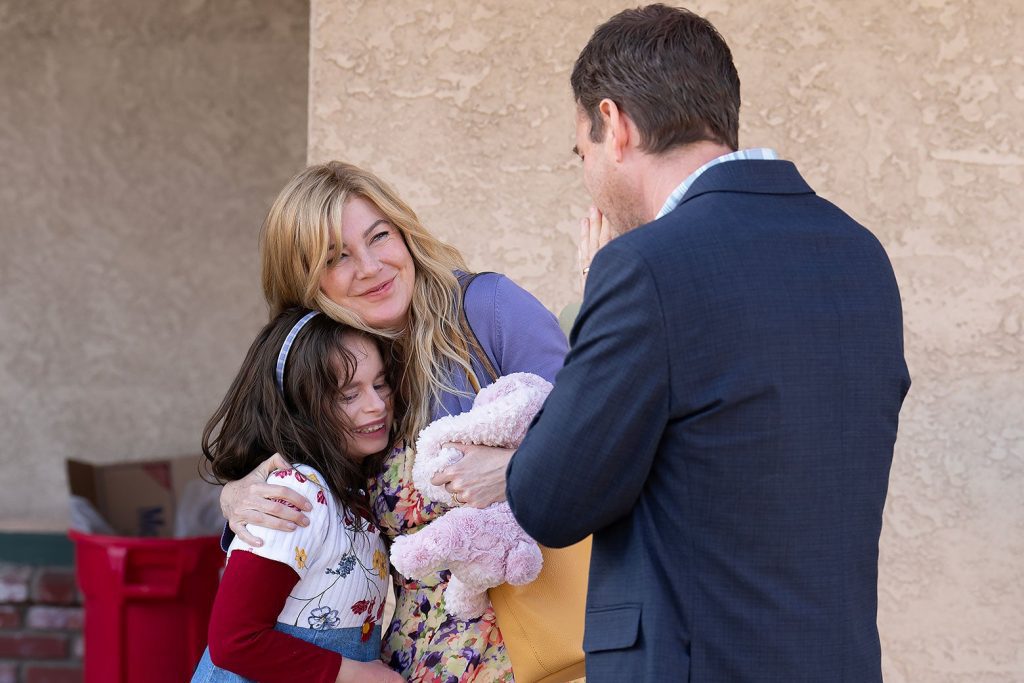The Tabloid Drama of Natalia Grace
Those connected to Natalia Grace’s tabloid story are eager to share their own versions of events. This creates a challenge for Good American Family, Hulu’s new limited drama series inspired by the case, which aims to uncover a definitive truth. While creators Katie Robbins and Sarah Sutherland hint at a Rashomon approach by depicting conflicting viewpoints about Natalia, the series ultimately draws its own conclusions. It’s unfortunate that following the completion of Good American Family‘s filming, a new season of the controversial documentary that popularized Natalia Grace was released, suggesting that the seemingly heartfelt saviors highlighted in the show might not be heroes after all.
Natalia’s Early Life and Adoption
To provide context, Natalia was born in Ukraine in 2003 with a rare form of dwarfism and was placed in an orphanage by her birth mother. After her initial American family struggled to care for her, she was adopted in 2010 by Kristine and Michael Barnett from Indiana. In a dramatic move in 2012, the Barnetts petitioned the court to change Natalia’s legal age from 8 to 22, alleging that she was a grown adult posing as a child, claiming she had threatened them and their three sons.
Documentary Backlash and Counterclaims
The allegations made by the Barnetts became the focal point of the sensationalized documentary series released by Investigation Discovery in 2023, The Curious Case of Natalia Grace. In its subsequent season, it presented Natalia’s rebuttal, now confirmed, that she was indeed only 8 years old when she was left alone in an apartment by the Barnetts while they traveled to Canada. Originally, this harrowing true story concluded with encouragement as a loving family adopted Natalia; however, Season 3, released two months ago, indicated that she was now estranged from her third adoptive family, underscoring the ongoing turmoil in her life that any dramatization would struggle to portray accurately.
Kritstine Barnett’s Conflicted Characterization
In contrast to the documentary, The Curious Case of Natalia Grace lacked Kristine Barnett’s perspective, as she criticized the series as “sensationalized.” In Good American Family, Kristine, played by Ellen Pompeo, represents a familiar stereotype—an upper-middle-class, white suburban woman consumed by her perception of virtue. Her narrative revolves around how she saved her son Jacob from a dire prognosis regarding his autism by creating a specialized educational program, leading to his remarkable achievements in math and science. This success results in Kristine writing a book and establishing a chain of daycare centers for disabled children.
Plot Twists and Character Dynamics
The early episodes of Good American Family showcase Kristine’s interpretation of events post-adoption, which draws parallels to the 2009 horror movie Orphan, wherein a family is haunted by a grown woman posing as a child. Kristine’s suspicions stem from her referencing the film during conversations. The series implies manipulative dynamics, portraying Natalia as skillfully ingratiating herself with the gullible Michael, while displaying sinister traits in secret. There are alarming moments, such as when Natalia visibly threatens and harms her adoptive brother’s cherished toy.
A Shift in Perspective
The narrative shifts significantly in the latter half, offering Natalia’s viewpoint after being abandoned by the Barnetts in a decrepit apartment. Struggling for basic needs, she exists in a challenging environment, showcasing her complex character through compelling performances. Her peculiar traits, influenced by previously unknown trauma, highlight why the Barnetts’ deception regarding her age was tragically plausible.
The Mans Family and Ongoing Challenges
Cynthia Mans, portrayed by Christina Hendricks, provides a semblance of hope for Natalia as she becomes her foster mother. Although the series lightly touches on how the Mans family benefitted from Natalia’s adopted status, it ultimately presents a warm depiction of their home. However, in stark reality, it is revealed that the Mans family was another toxic environment, leading to a disheartening conclusion for Natalia, which the show merely acknowledges at the end. As the series closes with Natalia realizing the lack of justice in her situation, the continuing complexities of her life story remain open-ended, suggesting that her journey is far from over.



